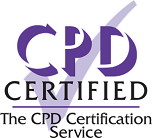Level 3 Safeguarding Adults and Dementia Awareness Training Package
With this Safeguarding Adults Level 3 and Dementia Awareness package explore the roles and responsibilities that lead workers have in safeguarding situations, the signs and symptoms of abuse whilst also learning about the topic of Dementia such as types and symptoms, related conditions and medication and emotional needs.
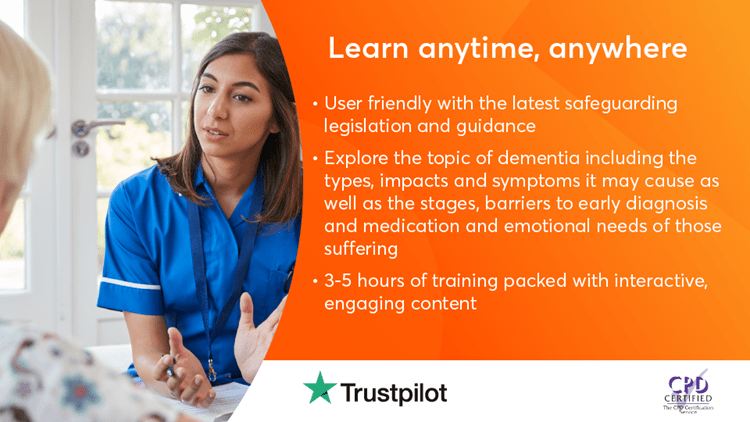
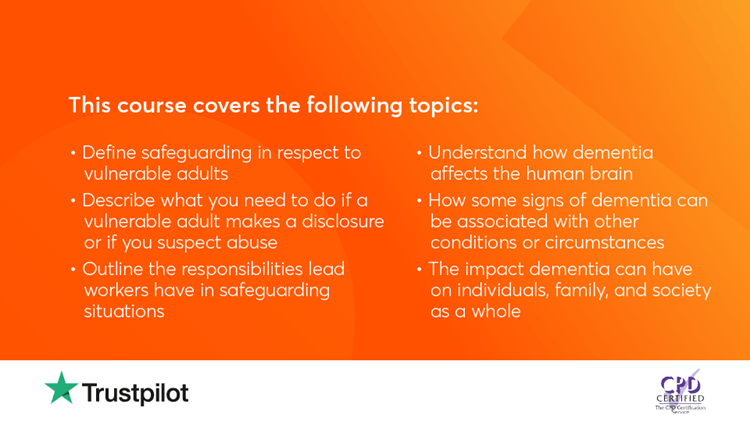

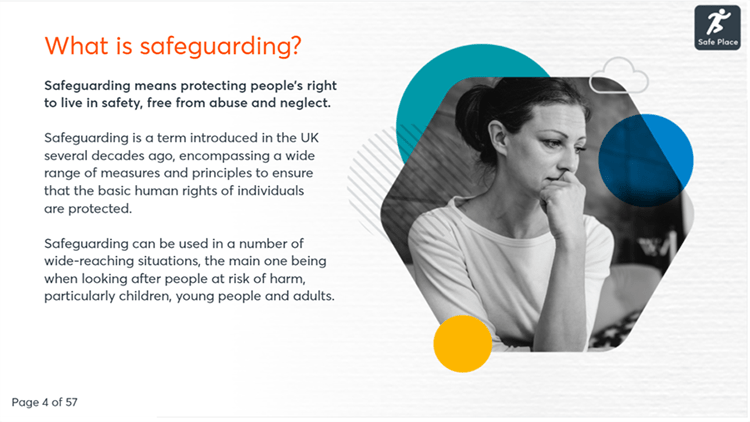
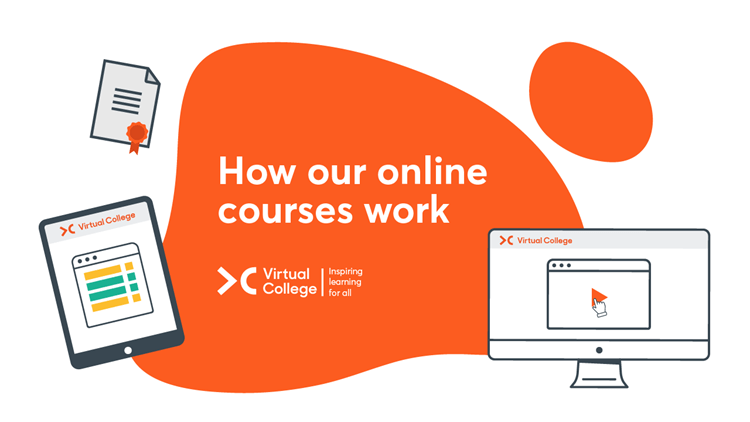



Package Overview
Format
- Level 3
- 3-5 Study Hours
- Online Study
- Self-Printed Certificate
Accreditation
- 8 CPD Points
- CPD Certified
Package description
This package consists of 2 popular safeguarding courses Safeguarding Adults Level 3 and Dementia Awareness to ensure those working with vulnerable adults, such as those with dementia remain compliant with an up-to-date knowledge of safeguarding policies, legislation and guidance to keep them safe from harm.
Level 3 Safeguarding Adults
This course covers the information for Level 3 Safeguarding Adults. It introduces safeguarding as a topic, covering jargon, whistleblowing, multi-agency working and best practice, as well as how to identify the signs and symptoms of abuse, what to do if someone discloses information and what you should do if you suspect a vulnerable adult is being abused.
The content also covers national and local context, as well as focusing on your role and what you can do to recognise and reduce the likelihood of abuse.
There are various topics included in this course such as:
- An overview of safeguarding
- Why is safeguarding important
- Serious case reviews and Bichard reports
- The latest legislation and guidance
- Multi-agency working
- Jargon and key terms
- Disclosure of information from adults
- National and local contexts
- Reducing the likelihood of abuse
- What to do if you suspect abuse
- Signs and symptoms of abuse
- Whistleblowing
- Types of abuse
- Roles and responsibilities
- Recognising abuse
- How to deal with suspected/disclosed abuse
- Record-keeping and recording
Dementia Awareness
With dementia set to affect such a large proportion of the population due to more people living for longer than ever before, it is vital that society is aware of the signs of the condition, and how to help individuals struggling with dementia.
There are various topics included in this course such as:
- Describes the physical results of dementia on the brain
- Types of dementia
- The impact of memory loss
- Sensory changes caused by dementia
- Symptoms of dementia: awareness of time and place, recognition of people
- The diagnosis of dementia, and when and how to refer to other resources
- Related conditions that may or may not affect dementia
- The stages of dementia: Early, Mid and Late
- Barriers to early diagnosis
- Medication, and psychological and emotional needs
- The person-centred approach
- Therapeutic interventions and other techniques
- Communication, language, isolation
- Challenging behaviour
Accreditation
The content of this course has been independently certified as conforming to universally accepted Continuous Professional Development (CPD) guidelines.
Certification
On completion of this course, you will be able to print a Virtual College certificate.
Duration
3-5 study hours to complete. The length of time taken depends entirely on how quickly learners can study and absorb the material.
Target Audience
This training is designed for anyone who frequently works with children and needs a more in-depth knowledge of safeguarding legislation and procedure.
Entry Requirements
There are no specific entry requirements for this course.
You will learn
- Explain the profound impact some well-known cases of abuse have had on legislation
- Explain the importance of multi-agency cooperation
- Define safeguarding in respect to vulnerable adults
- Describe what you need to do if a vulnerable adult makes a disclosure or if you suspect abuse
- Explain what whistleblowing is, what it is not and why it is important
- List the ways you can reduce the risk of abuse
- List the signs and symptoms of the different types of abuse
- Outline the responsibilities lead workers have in safeguarding situations
- Understand how dementia affects the human brain
- Explain memory and the signs of memory loss
- Understand the impact dementia has on the human senses
- The different types of dementia
- How some signs of dementia can be associated with other conditions or circumstances
- Actions that can be taken to reduce the risk of dementia or delay onset, and why early diagnosis is important
- The impact dementia can have on individuals, family, and society as a whole
Who is it for?
Roles including:
- Care workers
- Social workers
- Nurses
- Care home employees
- Carers
- Doctors
Legislation
Mental Capacity Act 2005
How the online courses work
-
Find a course
To begin searching for your online training you can click on the course category section on our website and browse through all of our training categories.
Alternatively if you already know the title of the training you’re looking for you can use the search bar located in the centre of the homepage and go directly to the course you want.
-
Buy the course
When buying one of our courses, you will need to enter a valid email address which will be used to create your account with our Learning Management System – Enable – where you will take the training. We will also send your purchase receipt to this email address, and any additional courses purchased in future using the same email address will be added to your system account.
Once you have purchased a course, you will be able to send this course to other people using your system account with Enable by entering the new learner’s email address so that they may access the training and set up their own system account with our Learning Management System.
If you are not 100% satisfied with your course then we offer a 30-day, no hassle money-back guarantee. To request a refund, you should email our learner support team with your receipt stating why you would like to be reimbursed. You, or your learners, must not have completed the training in order to make a valid refund claim. Any claim made after the training has been completed will be invalidated.
-
Take the course
This online course consists of a series of pages in which an instructor will talk learners through the lesson material. Pages may include supporting pictures, graphs, animation or extra sounds to help with the learning where appropriate. Some lessons will include challenges/quizzes to help learners stay engaged and interested in the material. Lessons can be taken in any order and each lesson may be paused and resumed at any stage.
The course is self-paced so learners decide how fast or slow the training goes. There is no deadline for completion but some of our courses have a test at the end to check that learners have understood the material. If the course has a test at the end then learners are required to achieve a 75% pass mark to successfully complete the course. Once learners have passed the test they are awarded a certificate, which can either be downloaded digitally or sent as a physical copy if this option was chosen when purchasing the course.
-
Your Certificate
Upon completion of any of our courses, learners will be able to download a digital certificate from Virtual College and will include the accrediting bodies logo where applicable.
If you have bought the posted certificate option (available on select courses), a high quality, seal embossed, certificate will be sent out at the beginning of the following working week.




